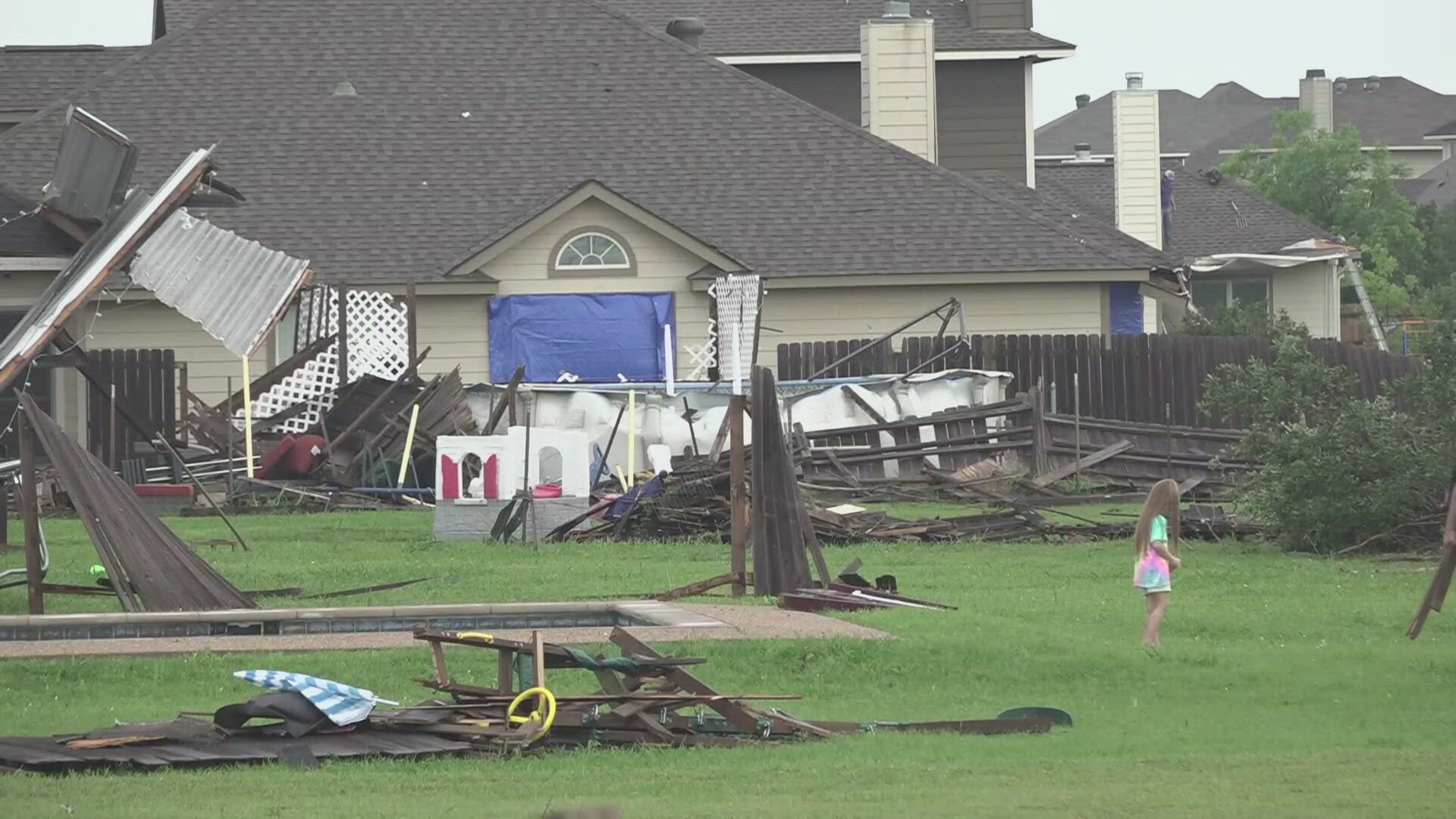The first day of spring is March 20th, but allergy season has already come to central Texas. Tree pollen has been high all week, with oak pollen being especially bad, and plenty of people are feeling it.
The good news however, Baylor Scott and While physician Dr. John Joseph told Channel 6 there are several ways to reduce allergy symptoms without having to take any medication (don't worry, we'll cover medication recommendations too). But first, here are 10 ways to reduce allergy symptoms without reaching in the medicine cabinet.
- Don't go outside until after 10 a.m. Pollen levels are highest between 5 a.m. and 10 a.m. If you don't have to be outside, try not to be.
- Keep your windows closed in the morning, or all day if needed. You didn't go outside to get affected by tree pollen, so don't let it into the house either.
- When you do go out, wear sunglasses. Pollen can't enter your body through the eyes, but can still significantly irritate them.
- Shower and change cloths after spending time outside. When you work outside, tree and grass pollen will stick to you. If you don't change clothes or shower right away when you get inside, that pollen will still be there to make you miserable.
- When you take the dirty cloths off, put them in a bin or bag or just leave them outside. If you leave the clothes on the floor, or in the open, they will contaminate the rest of the house.
- Wash your bed sheets with warm water often and shower before you go to bed. Keep pollen out of the bedroom for a good night's sleep.
- Vacuum often. Carpets are a great place for pollen, mold, or anything else you are allergic too to literally stick around in. Keep them clean.
- Wash your pets often. You dog is adorable, but he's also kind of a walking carpet. He may not enjoy the bath, but you will both feel better later.
- Get an air cleaner with a HEPA filter. If you are already doing the other things on this list, these filters can be great for removing any remaining pollen or mold spores from your house.
- Keep up with the pollen count Go to weather.com and see whats bad in your area to plan ahead.
If you still feel awful after going through our list, Dr. Joseph does have several medications he recommends. Steroid nasal sprayers like Flonase and Nasonex should be the first line of defense. Non-drowsy antihistamines like Allegra, Claritin, and Zyrtec are good during the day. Benadryl is good to take at night.
Finally, Joseph said people should not wait until they have symptoms to take the medication. If a person knows they will have bad allergies in the few weeks, he suggests using the steroid nasal sprayers a few weeks before. In some cases this can prevent symptoms entirely.


